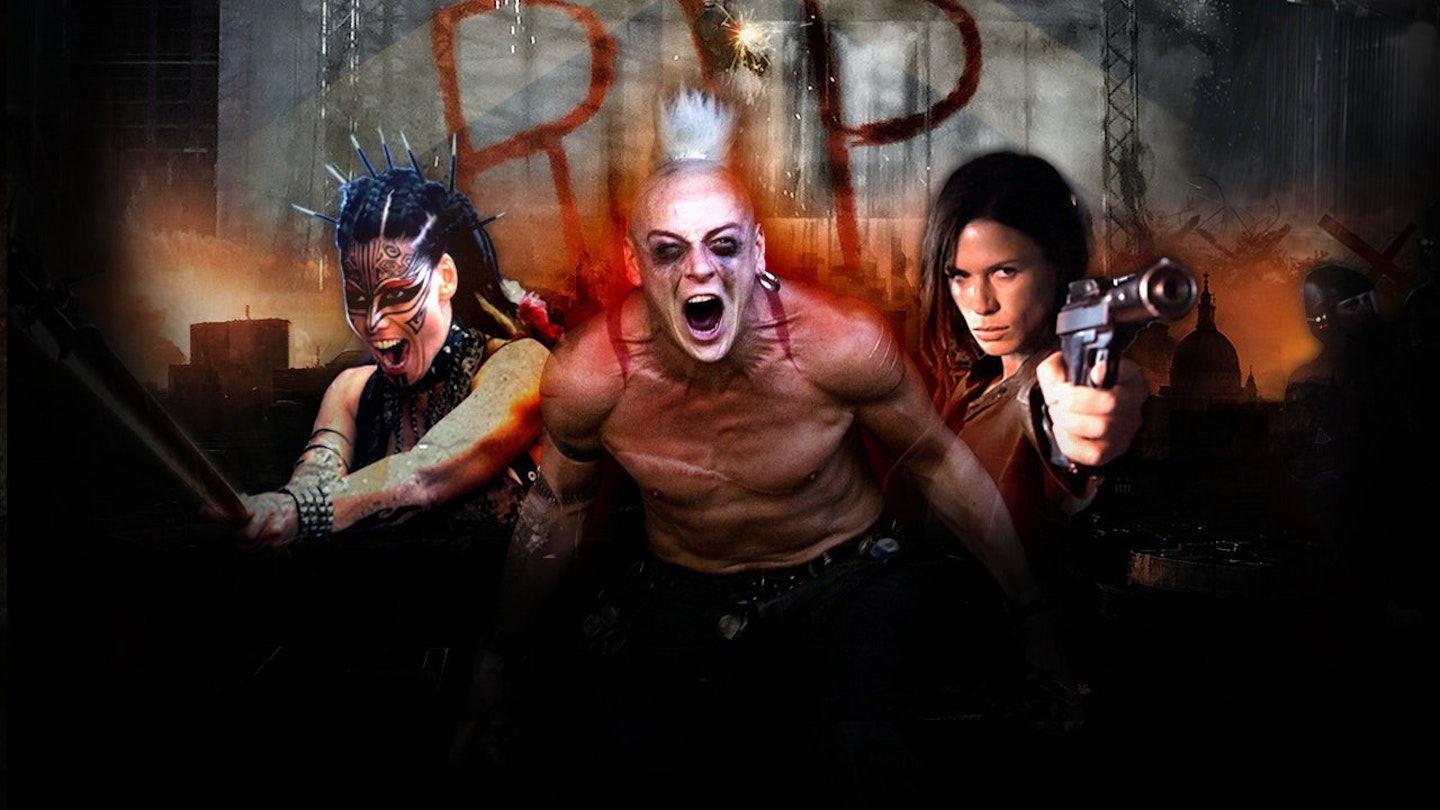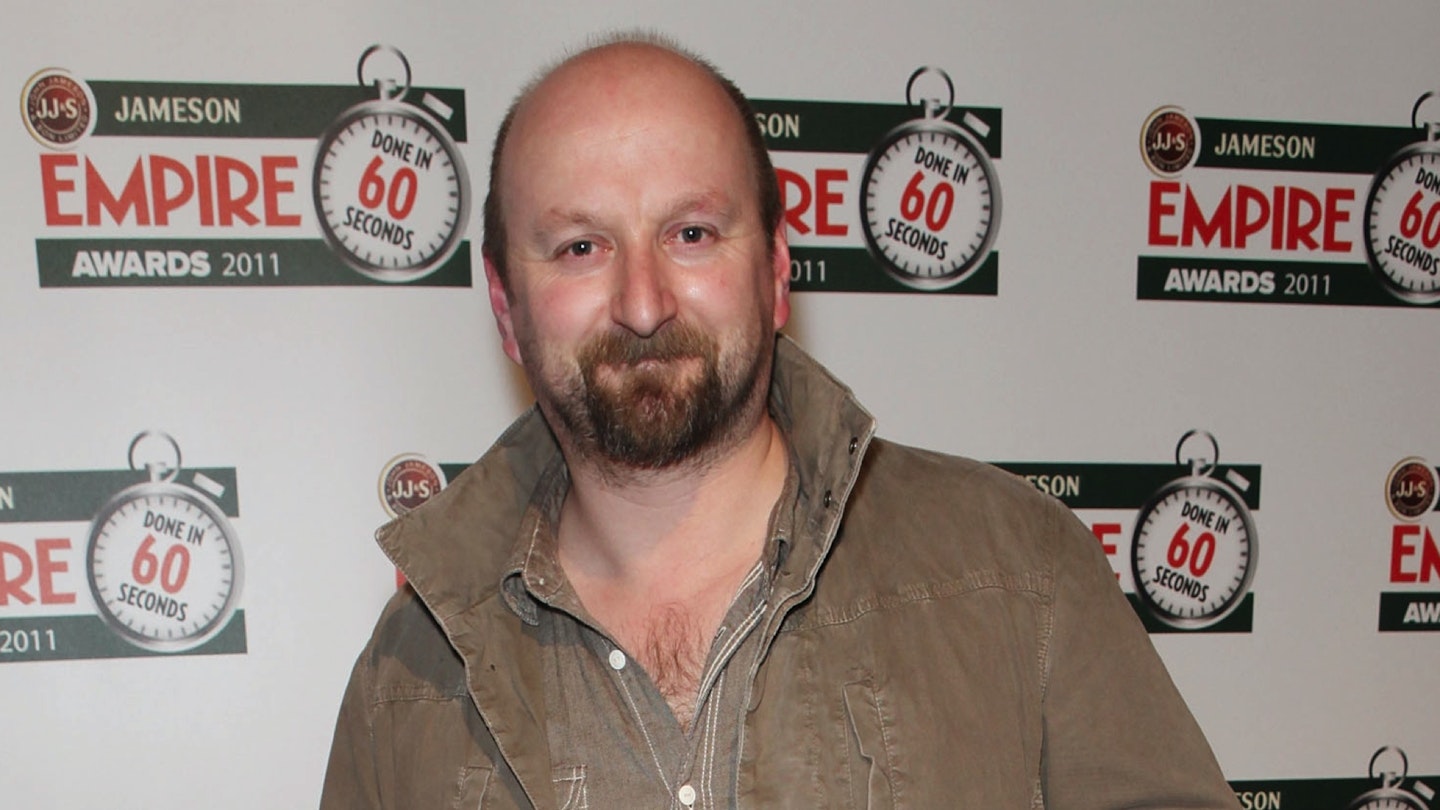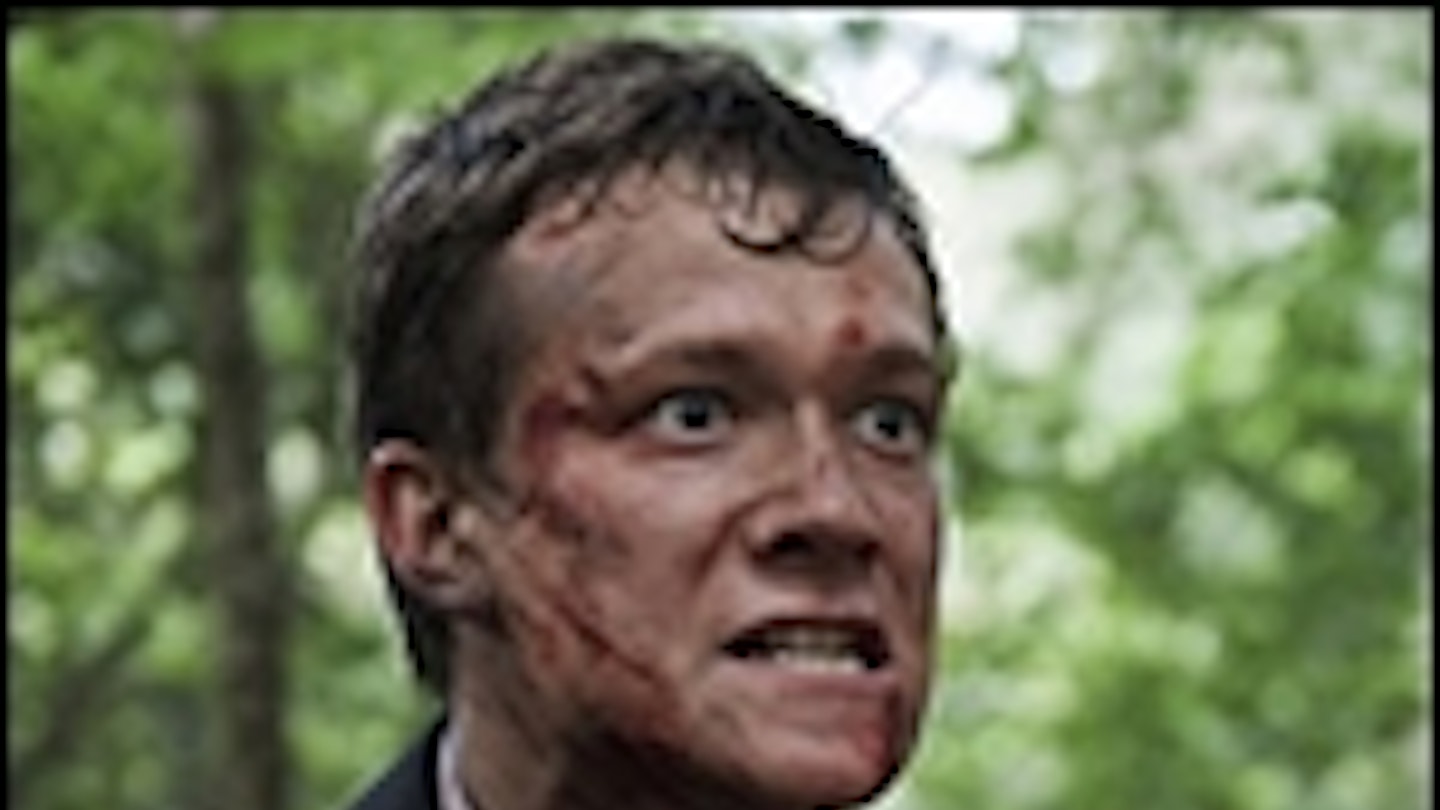The premise of this film promises so much. It combines 28 Days Later’s paranoia with Mad Max’s post-apocalyptic savagery and car chases, Escape From New York’s ferocious punks and a heroine with an eyeball targeting system to put Bond to shame. There are clever ideas and witty touches, as well as director Neil Marshall’s familiar ensemble of hard cases and panicked hangers-on. It should be catnip to genre fans. The problem, however, is that with so many elements vying for our attention, none make an impact.
A lengthy prologue explains that Scotland has been quarantined following the outbreak of the deadly Reaper virus. The rest of the UK is in turn shunned by the international community - apparently in solidarity for the infected Scots - so, when the virus threatens again, London is alone. With an eye on cinematic convention, a crack team of heroes and expendables is sent north of the border, where there are thought to be survivors and thus, presumably, a cure.
The stock characters form the usual selection. There’s wimpish scientist Dr Talbot (Sean Pertwee), amiable soldier/love interest Norton (Adrian Lester) and tough-as-nails heroine-with-a-past Eden Sinclair (a fierce Rhona Mitra). We know Sinclair is hard because she’s introduced in a Usual Suspects-alike shipboard raid, which also gives her the chance to use her removable glass eye - a promising gimmick that’s never capitalised on. When the mission runs into roadblocks, both literal and metaphoric, the fragmented team realise that there are indeed survivors, but they’re not rushing out to greet them with armfuls of shortbread.
So far, so standard. But then the movie takes a turn for the operatic and, as the tone gets broader, any cohesion is stretched past breaking point. Again, there are nice touches – a bacchanal built around human sacrifice makes amusing use of the Fine Young Cannibals, and a medieval fortress pressed back into its original use still has visible signs to the gift shop. But, as new people are introduced and old ones dispatched with narry a moment to catch breath, the plot becomes spaghettified. A story that should have a simple aim - get cure, get back - branches off to examine a nation’s guilt; follow the political shenanigans of Bob Hoskins’ police chief, Alexander Siddig’s Prime Minister and David O’Hara’s sinister apparatchik in London; shoehorn in a car chase and throw in an odd cameo from Malcolm McDowell. Mitra does her best to hold it together, but too many questions remain. In this decayed world, where do they get the limitless cans of beer? Why choose South Africa to double, badly, for the Scottish highlands? And, if the image of a knight in armour charging a modern soldier was the idea that sparked the whole film, why is that scene such a damp squib?
Perhaps, in the end, Marshall was tripped by his own ambition. Too enamoured of every clashing element of the overly complex world he’s created and too keen to homage all his favourite films, he failed to reproduce the lean, mean clockwork plots that made those movies cult classics.




